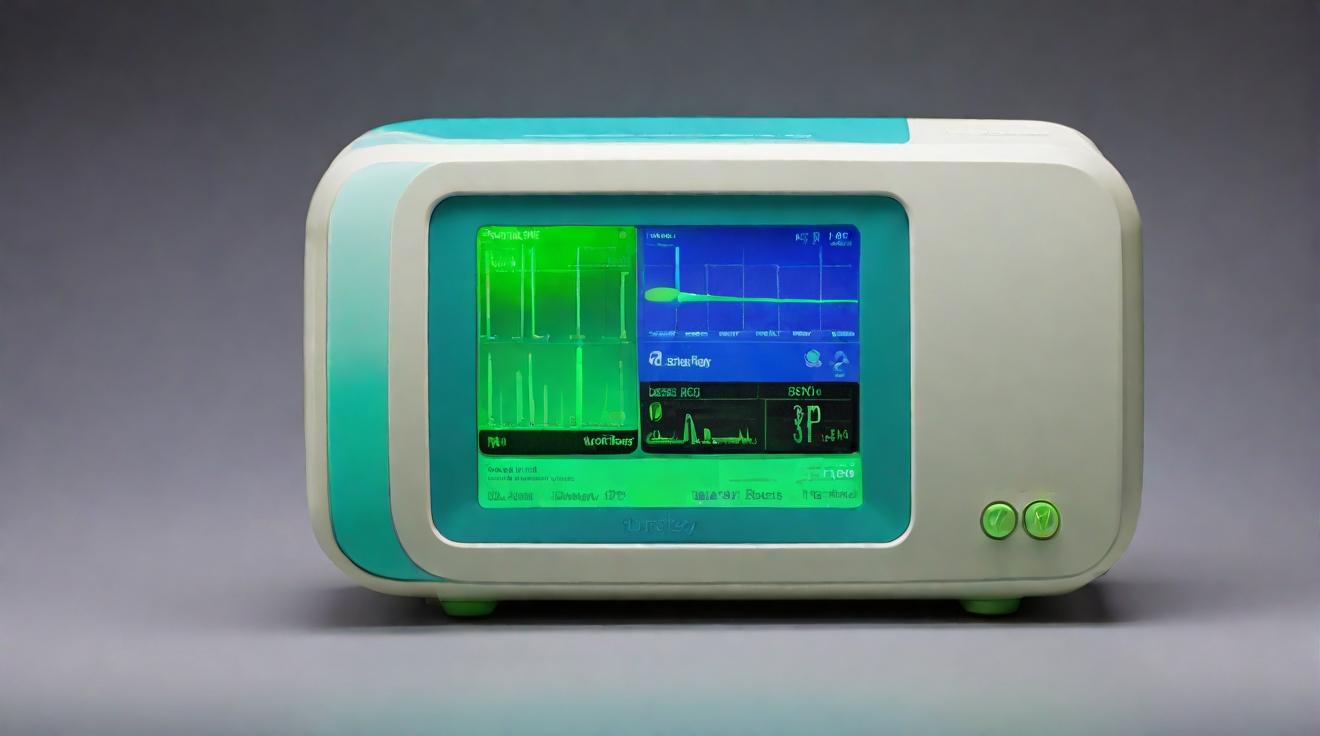Nikkei 225 Hits Near-Record Highs Amid Japan's Surprise Recession
In a striking turn of events, Japan's Nikkei 225 index surged to levels not seen since 1990, closing at 38,040 points, a mere breath away from its all-time peak of 38,915 points achieved in 1989. This remarkable performance comes in the face of Japan slipping into a technical recession in Q4 2023, an outcome that has ignited intense speculation concerning the Bank of Japan's (BOJ) future monetary policy actions.
Technology Stocks and Chipmakers Lead the Charge
The rally was predominantly led by heavyweight technology shares, mirroring a similar uptrend among their U.S. counterparts. This surge is largely attributed to the widespread optimism surrounding an upcoming artificial intelligence (AI) boom, anticipated to redefine industries globally.
Notable players within the semiconductor sphere, including chip testing equipment manufacturer Advantest Corp., and Tokyo Electron Ltd., Japan's premier chipmaker, recorded substantial gains. These movements underscore a broader trend of strength in the tech and chip sectors, further fueled by SoftBank Group Corp.'s significant windfall from Arm Holdings on bullish AI earnings projections.
Economic Recession and BOJ's Stance
Despite the bullish market sentiment, recent economic indicators point to a darker picture. Japan's economy contracted by 0.1% in the December quarter of 2023, marking the second consecutive quarter of decline – a classic indicator of a technical recession. This unexpected downturn, characterized by sluggish domestic spending, high inflation, and a depreciating yen, casts a shadow of uncertainty over the BOJ's anticipated tightening of monetary policy.
Originally signaling a potential rate hike from ultra-low levels later in 2024, the BOJ may now be forced to reassess its strategy in light of the persistent economic weaknesses. Analysts are now predicting a delayed rate hike, potentially pushing it back to the third quarter of 2024, as the central bank navigates the challenging economic landscape.
Implications for Investors
For investors, the current situation presents a complex dichotomy. On one hand, Japan's surprise recession and the subsequent delay in BOJ's policy pivot may serve to prolong the ultra-loose monetary environment that has historically buoyed stocks, particularly in the tech sector. On the other, the fundamental economic vulnerabilities pose a risk to sustained growth and stability.
Moreover, a weak yen continues to be a double-edged sword; while bolstering exporter earnings in the short term, it also underscores the underlying frailties of the Japanese economy. As the narrative unfolds, market participants will be keenly watching the BOJ's next moves, which will be critical in defining Japan's economic trajectory and the Nikkei 225's potential to breach new heights.
In conclusion, the juxtaposition of a near-record performing stock market against a backdrop of economic recession and monetary policy uncertainty offers a poignant reflection of the complexities facing Japan's economy. As developments continue to emerge, the global investment community remains watchful, attuned to the signals that will shape the future course of Asia's second-largest economy.
Analyst comment
Positive+ The Nikkei 225 hitting near-record highs is positive news, indicating strong market performance. However, the surprise recession and uncertainty surrounding the Bank of Japan’s monetary policy may affect market stability. Investors should be cautious and monitor the BOJ’s next moves.













